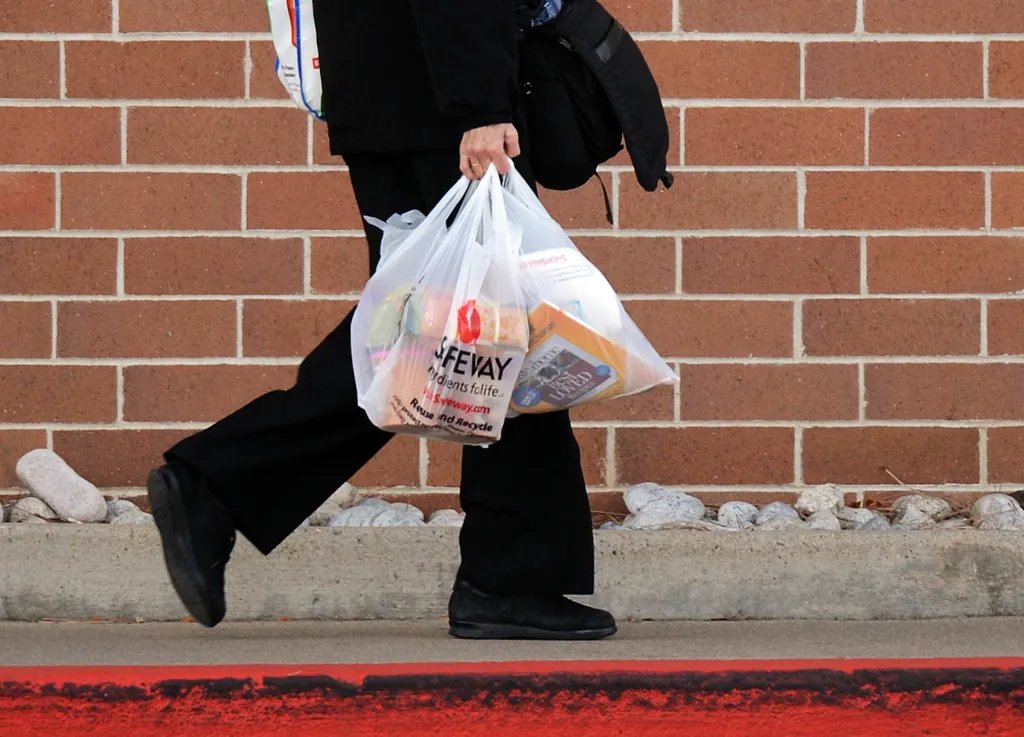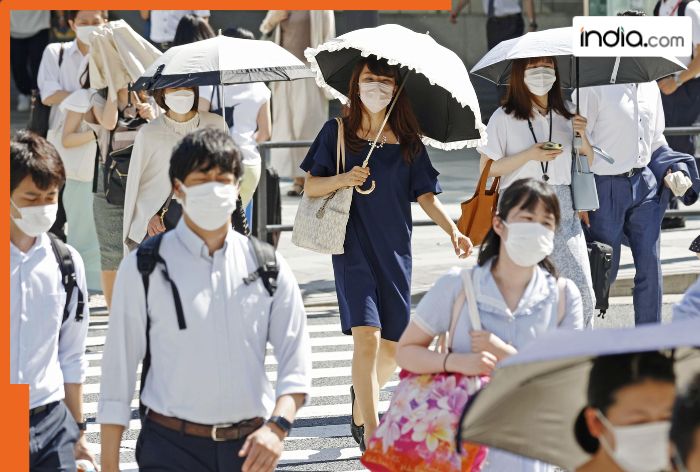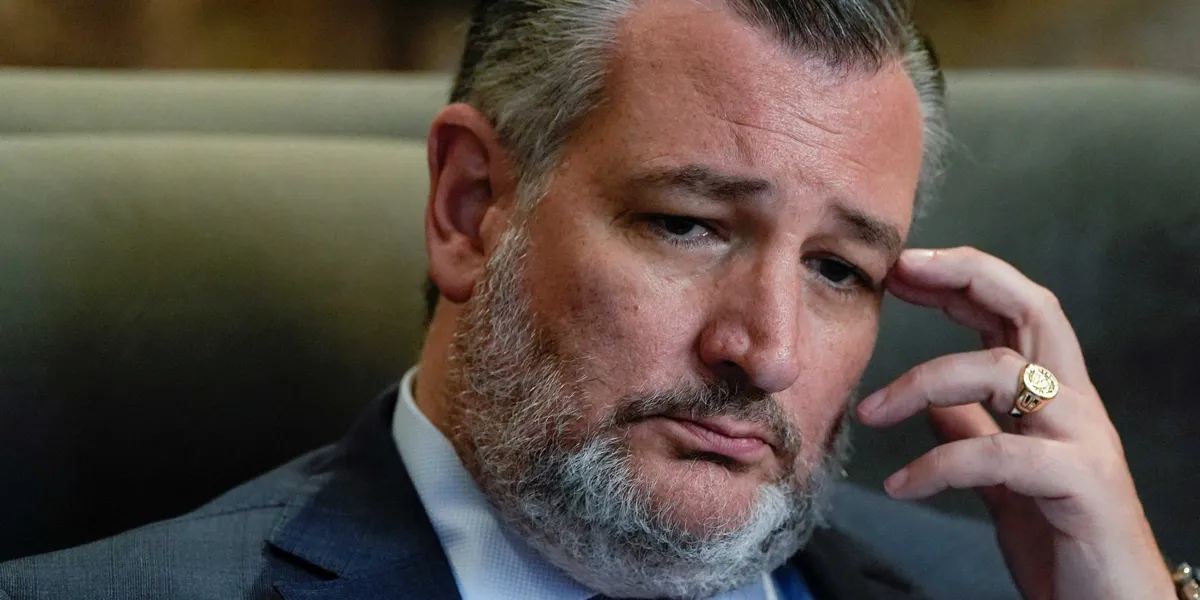
Bag fee is a hidden tax on Coloradans
Founding Father John Dickinson, a Pennsylvanian who participated in writing the Declaration of Independence, joined his colleagues in condemning England’s Stamp Act. He termed it “… an authority expressly claimed and exerted to impose duties on these colonies — a dangerous innovation.”
Gov. Jared Polis’s signature on the legislation that outlawed plastic grocery bags, allegedly to save the environment, rings with similarity. California, Washington and Oregon have similarly banned plastic soda straws (Really? Soda straws?), considered a major step in the greening of the West Coast.
The main accomplishment in Colorado has been to burden citizens with significant inconvenience and a new tax (bypassing input by voters) that enriches Colorado cities and counties by millions annually. The tax provides no new constituent services, and the only greening I have seen is in the county and municipal coffers. Meanwhile, plastic packaging in all forms dominates supermarkets and every other marketplace. Banning plastic bags compares to a spit in the ocean..
Colorado’s bag-taxing efforts will have a negligible effect on the environment. It’s all about the money.
Alan E. Deegan, Highlands Ranch
Tylenol vs. the really toxic chemicals in our world
Re: “Trump promotes unproven claims about Tylenol and autism,” Sept. 23 news story
I have little doubt that the rise of autism in our modern world is a result of chemical disturbances to physical and neurological processes. But instead of attacking vaccines, Robert F. Kennedy, Jr., and his anti-autism cohort should widen their view a bit. In medicine, devices and medications are extensively tested and studied, and their approval is based on benefit with reduced risk of harm.
In agriculture and industry, the opposite is true: chemical compounds are developed to perform certain tasks, with far less attention to interactions with other chemicals or unintended consequences. A pesticide is designed to kill “pests” – it’s only through realization of “off-label” harms that its use is challenged. While pollinators die in large numbers due to exposure to neonicotinoids, those trying to save bees are forced to prove the harmfulness of the substances used in pesticides, while industry pushes back.
Instead of attacking one of the few tested and studied types of compounds, I suggest Kennedy and his cohort turn their attention to the lightly-regulated toxic chemical stew in which we breathe, drink, and live. I’d be amazed if they weren’t able to uncover some autism triggers.
Nancy B. Weil, Denver
The FCC Chairman’s end goal is now apparent
Re: “Disney made its move with pressure on multiple fronts,” Sept. 21 news story
Ah, it’s becoming clearer now that we-who-haven’t-been-paying-attention learn that the FCC Chairman Brendan Carr helped write Project 2025, the Heritage Foundation’s conservative policy handbook. Carr has encouraged local TV stations to push back against national networks that he believes create left-leaning programming.
Recently, The Denver Post informed us that the FCC caps national broadcast ownership at 39% of households, and yet the Nexstar-Tegna merger would more than double that, reaching over 80% of American households. This conglomerate will consist of 265 TV stations in 44 states, and the merger will require Carr’s approval, which it is sure to get by being the first media company to pull the Jimmy Kimmel show.
Nexstar will own four Denver stations when the merger is approved, adding 9News and KTVD. The writers of Project 2025 certainly had a plan for what we should be allowed to watch on TV.
Carol Kalmes, Wheat Ridge
Sign up for Sound Off to get a weekly roundup of our columns, editorials and more.



